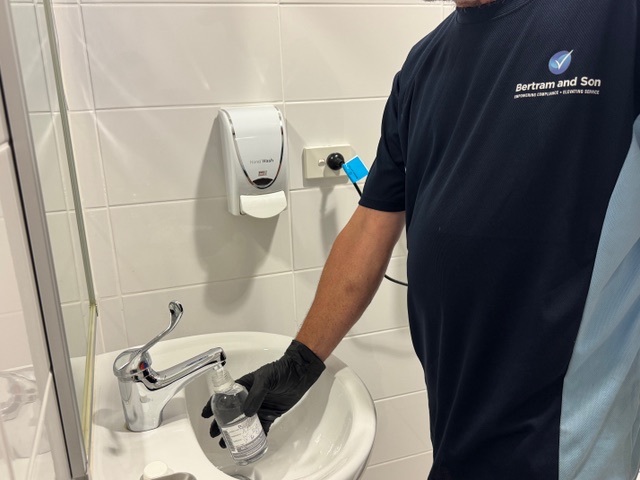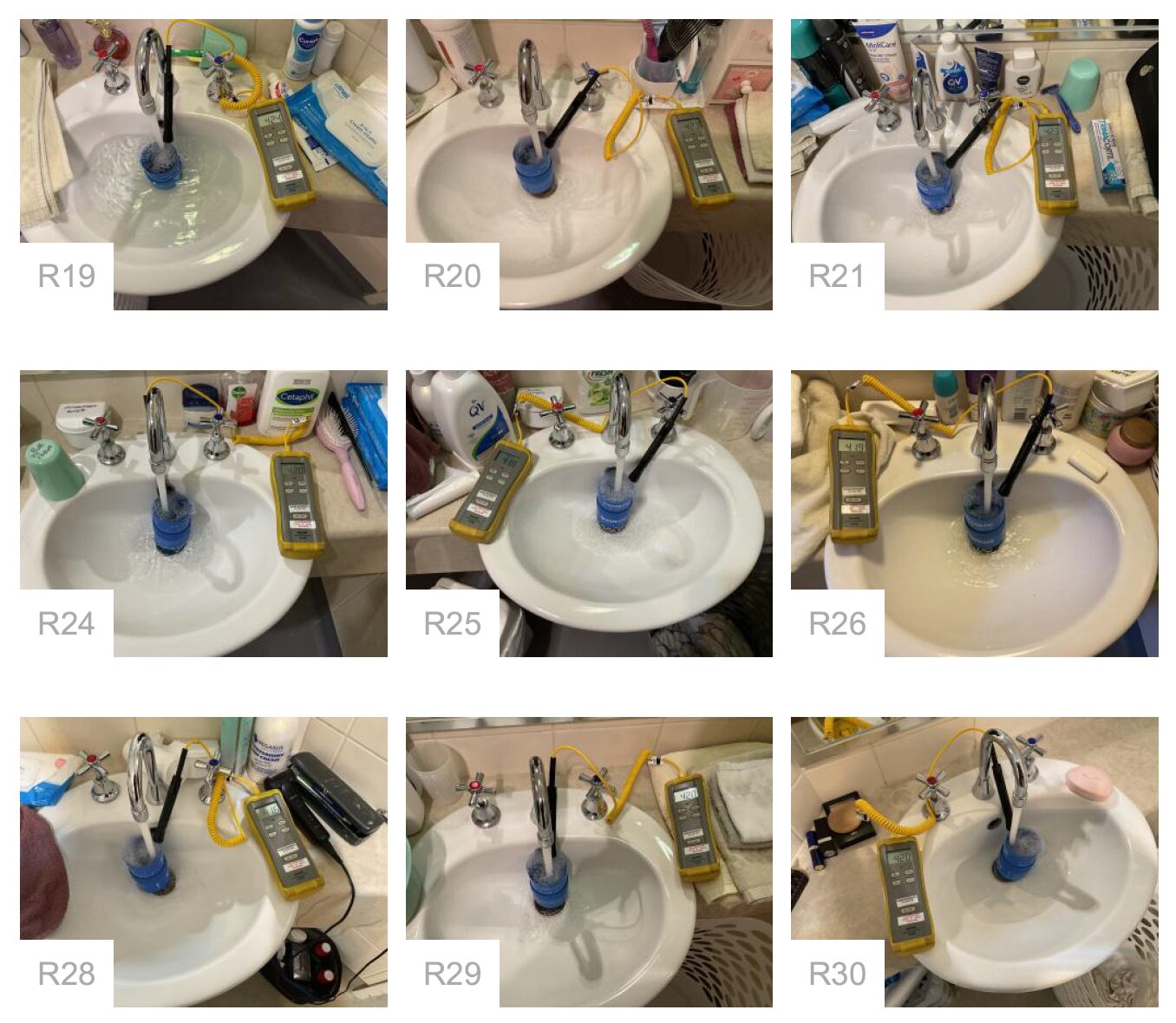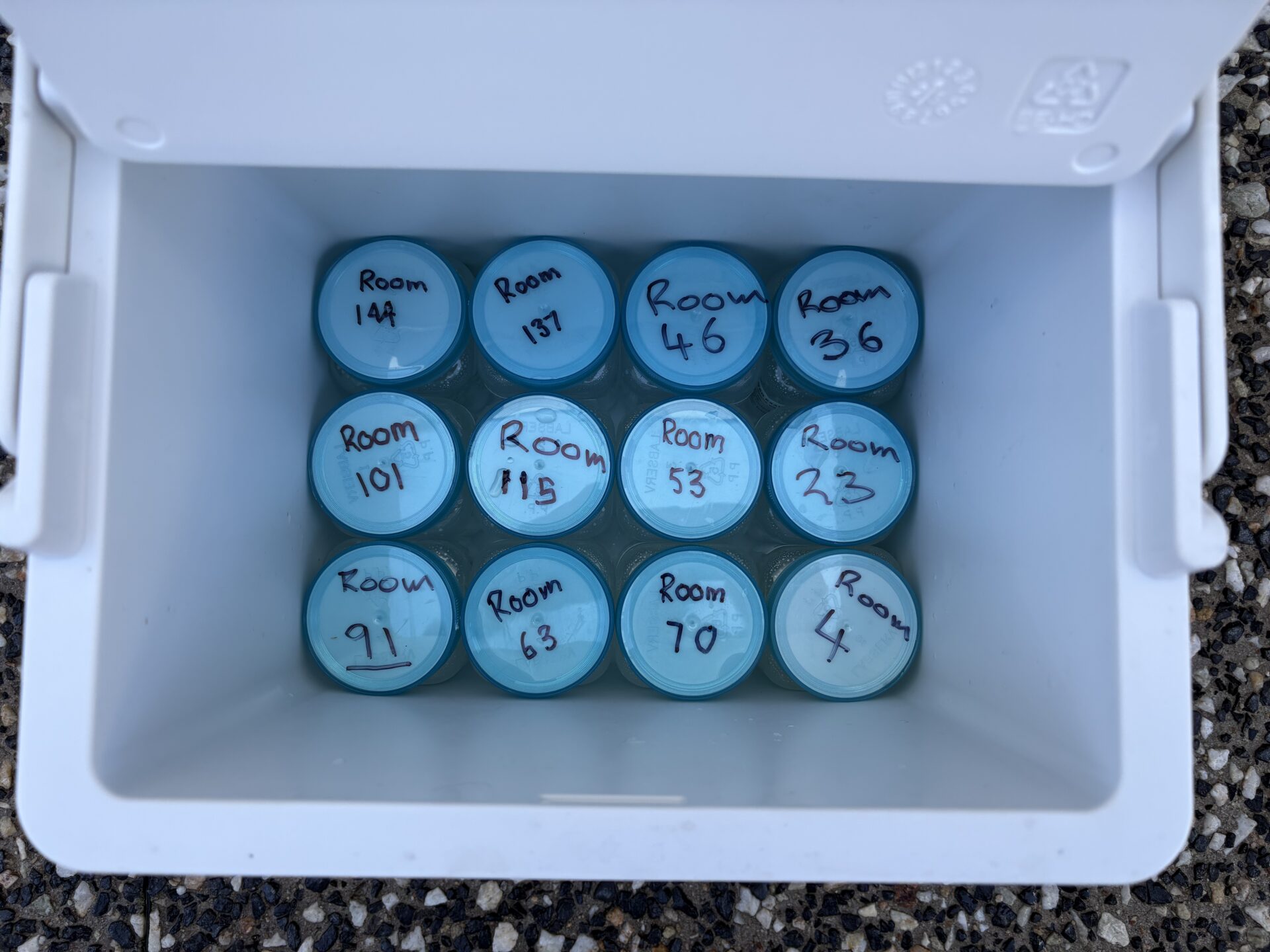
Protecting residents in aged care environments from Legionnaires’ disease requires proactive monitoring and sampling. As this population is particularly susceptible to infection, regular Legionella testing plays a crucial role in maintaining a safe, compliant water system.







We pay respect to the Traditional Custodians and First Peoples of NSW, ACT and Queensland and acknowledge their continued connection to their country and culture.